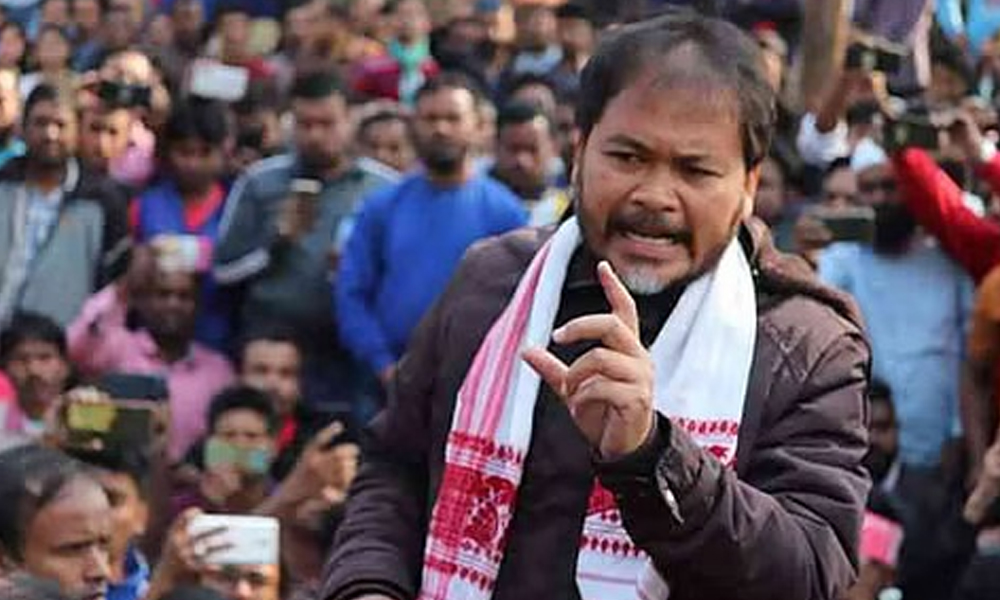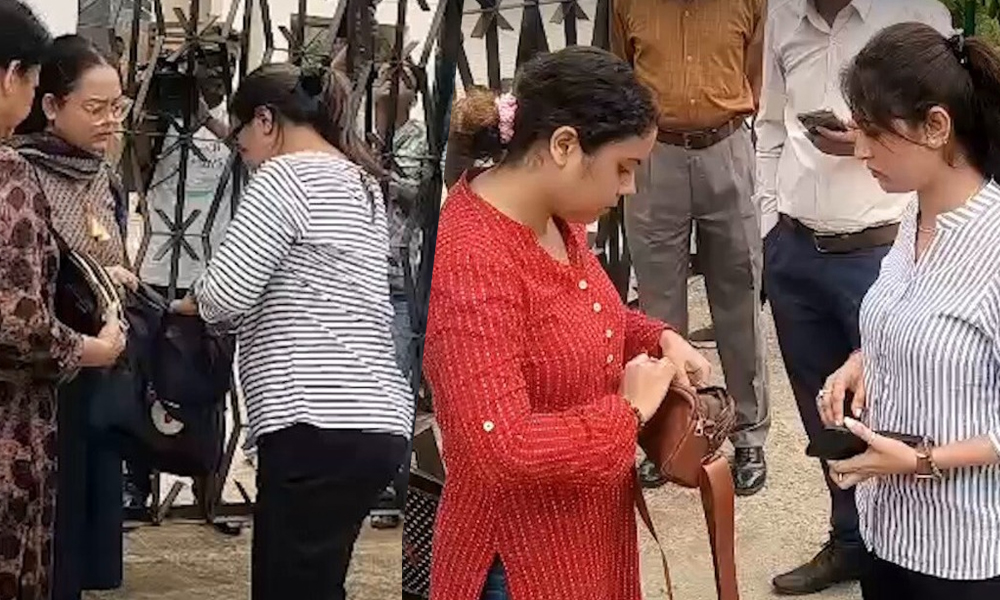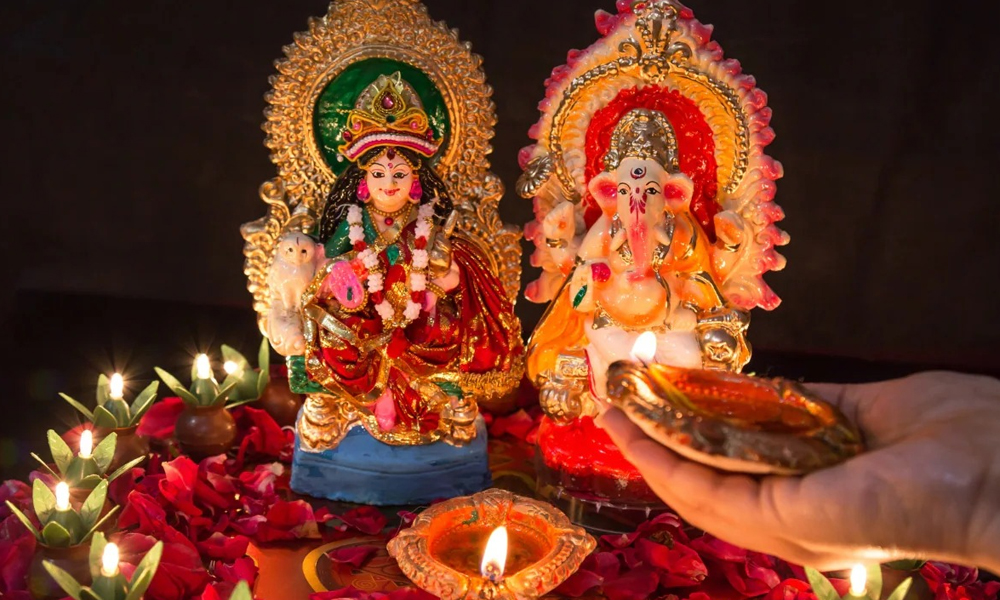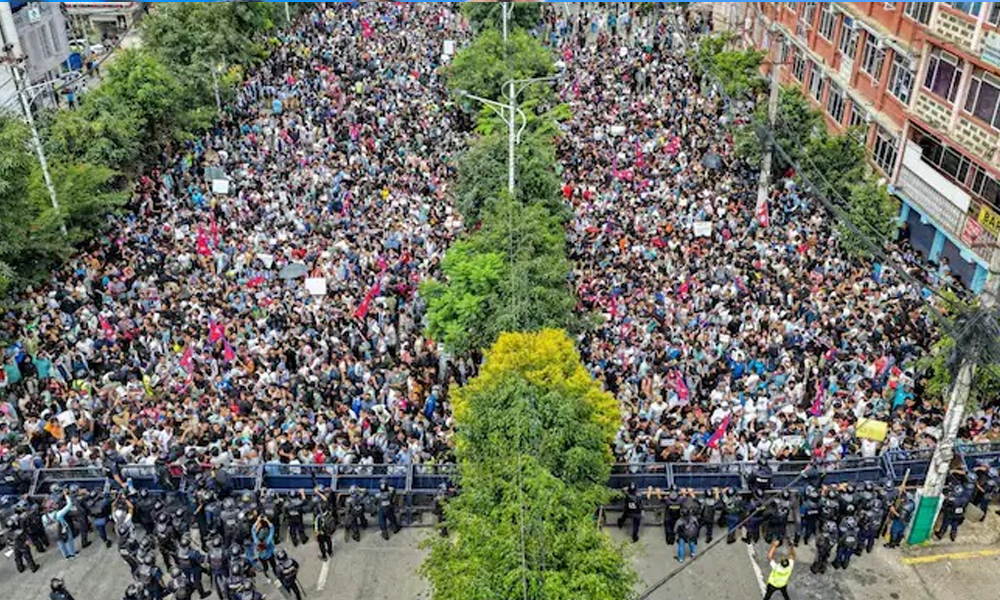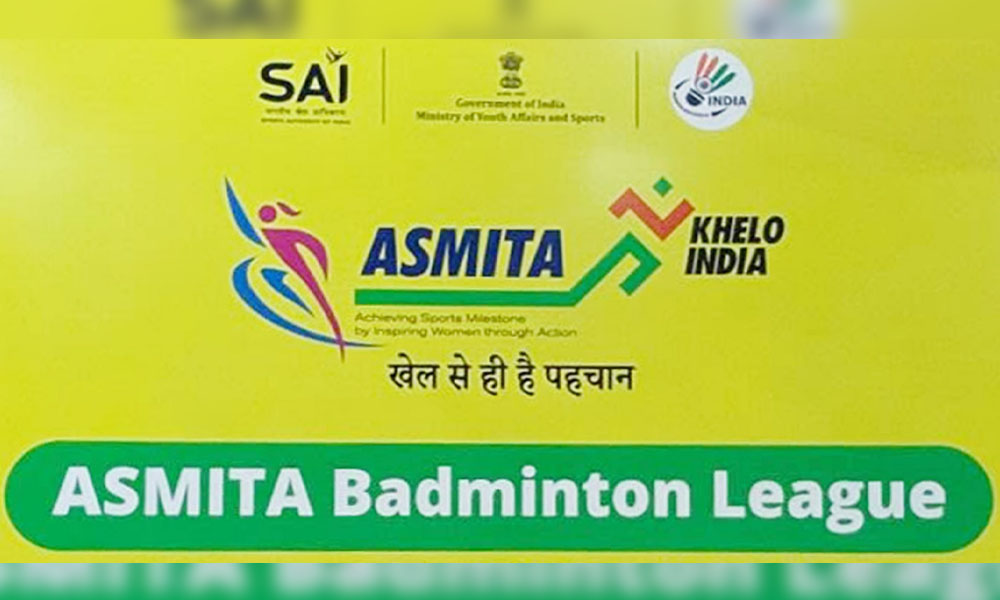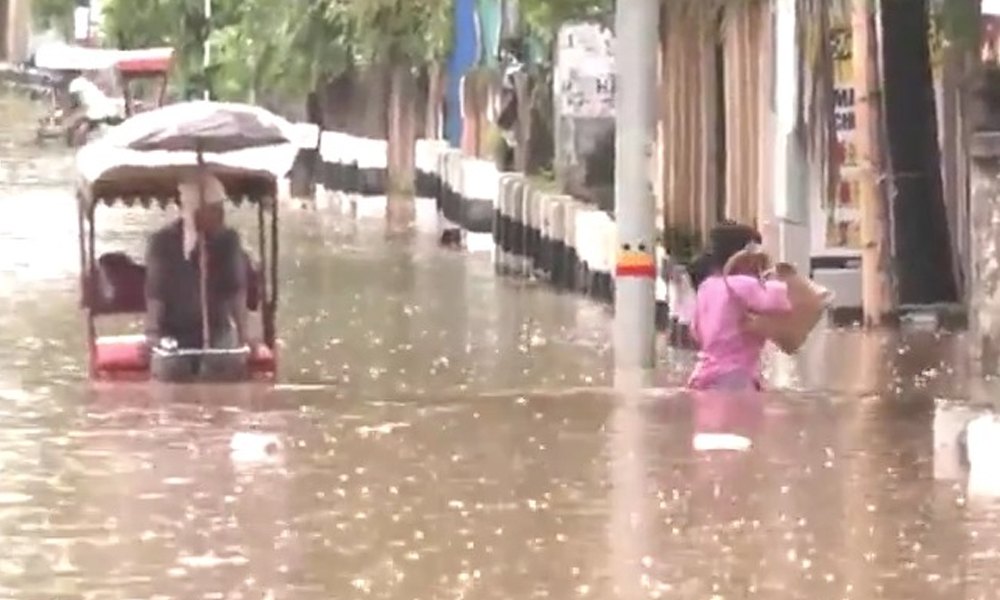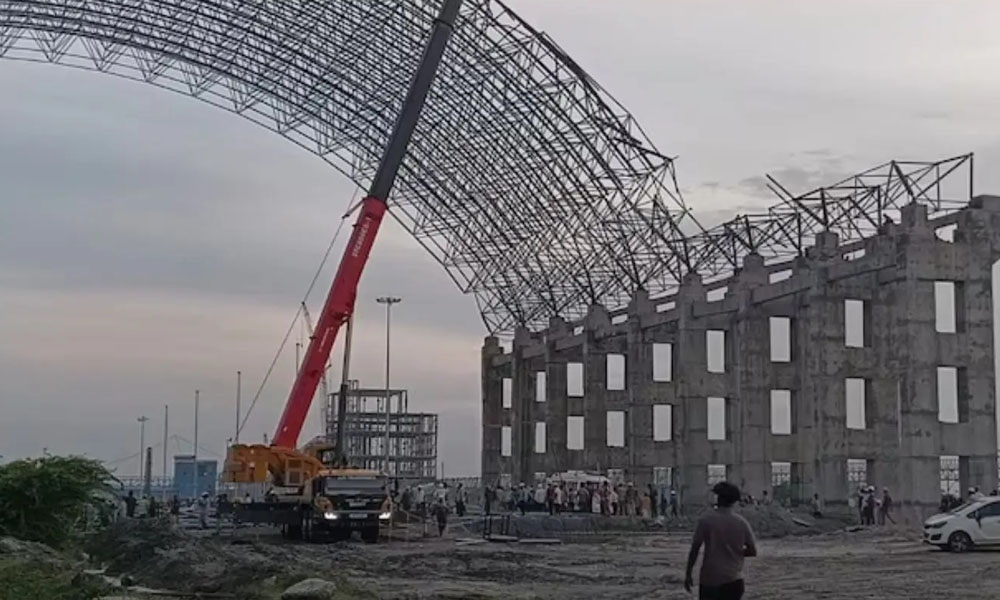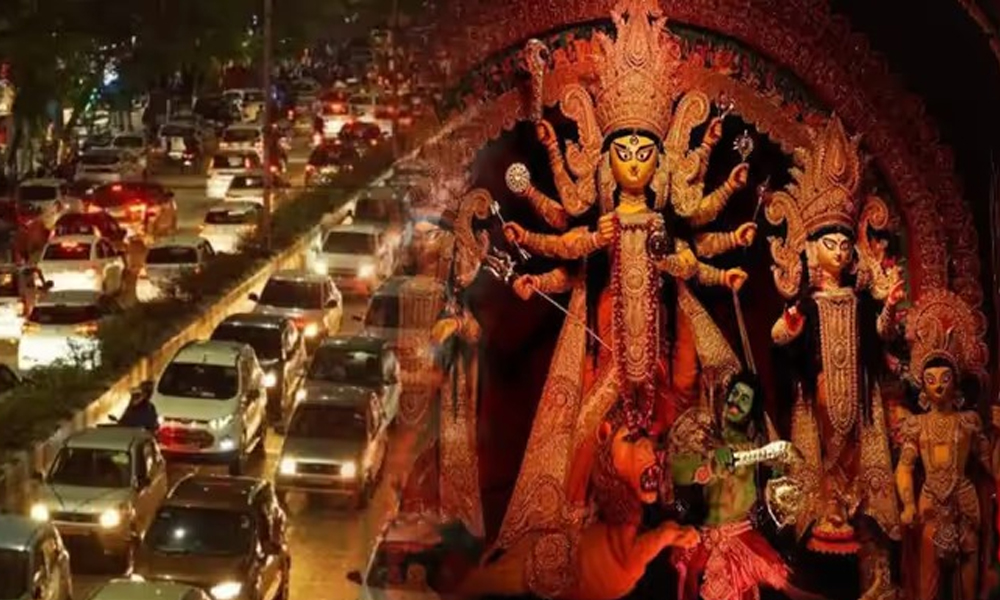A nearby NGO called Gramya Vikash Mancha also provided advice to the farmers on how to keep the dongs flowing. In the meantime, shramdaan, or voluntary work, is now required every Wednesday in order to maintain the ancient irrigation system that is operated by the community.
Digital Desk: Farmers from Guwabari and at least 15 surrounding
villages in North Assam's Tamulpur district get together every Wednesday
morning for a single goal. The farmers, with spades and daos in their hands,
move toward the neighbouring Bhutan hills after a brief talk in the Guwabari
community hall. They quickly get to work clearing the muck from the dongs, the
traditional irrigation ditches that convey water from the Bornadi River coming
from the Bhutan hills, or repairing any damaged areas.
This has been done by
people for many years. Gopal Barman, a neighbouring Mohendra Nagar farmer, told
DH as he and a few other farmers sat in the Guwabari community hall, "If
we don't clear the debris, the channels get clogged and the flow of water
slows."
700 people banded
together in 1968 to build a dam on the Bornadi river in the Samdrup Jongkhar
area of Bhutan to divert the water into the traditional irrigation channels due
to a severe water shortage and the absence of a government irrigation system.
At first, we were required to pay the Bhutanese government Rs 250 in taxes each
year. However, they (the government of Bhutan) sent the tax from 2000. This was
accomplished as a show of brotherhood between India and Bhutan, "explained
Haren Kalita, a farmer from Guwabari who is 75 years old.
The irrigation system,
however, had been severely harmed by the flood of 2005. The Assam government
was moved by the locals, and as a result, construction work began in 2013 and
was finished in 2018. A nearby NGO called Gramya Vikash Mancha also provided
advice to the farmers on how to keep the dongs flowing. In the meantime,
shramdaan, or voluntary work, is now required every Wednesday in order to
maintain the ancient irrigation system that is operated by the community.
According to Rati Ranjan Mandal, advisor at the Akoldonga Bornadi Asoma Oronga
Bundh Dong Committee, "Someone remaining missing in the work must present
a real cause, failing which the committee levies a punishment of Rs 300."
The drinking water
situation has been resolved as well as the irrigation problem thanks to the
irrigation system. In the past, many farmers even abandoned the communities
since they were unable to cultivate anything owing to a shortage of water,
according to Kalita. "In the past, we had to dig a well 60 to 70 feet
deep. Now, groundwater recharges since the water in our irrigation channel
flows continuously throughout the year. Currently, the water is just 30 feet
deep, "explained Mandal.
At least 6,000
individuals in 16 villages have benefited from the revival of the old
irrigation system. Ekrabeel, Bhaoraguri, Kombhirjar, Jaipur, Notunkhuti,
Bogorikhuti, Bimala Nagar, and Mohendra Nagar are a few of the villages. The
farmers mostly cultivate vegetables, paddy, mustard, betel nuts, and mustard.
The villagers also have
a distinctive custom of compensating the committee secretary and two guards.
Each year, they give the secretary 20 quintals of paddy and each of the two
guards 16 quintals of paddy as compensation. "Each year, the peasants who
own up to four bighas of land contribute 20 kg of paddy. Those larger than four
bighas yield 25 kg.The committee has corrected this, "said Mandal.
However, the farmers are
now concerned about the Oronga's bank erosion because of another river that
flows practically parallel to it from the Bhutan hills. "Our entire
irrigation system could be destroyed if the dam washes away due to erosion.
"The government needs to take action to assist us in halting further
deterioration," Barman remarked.



